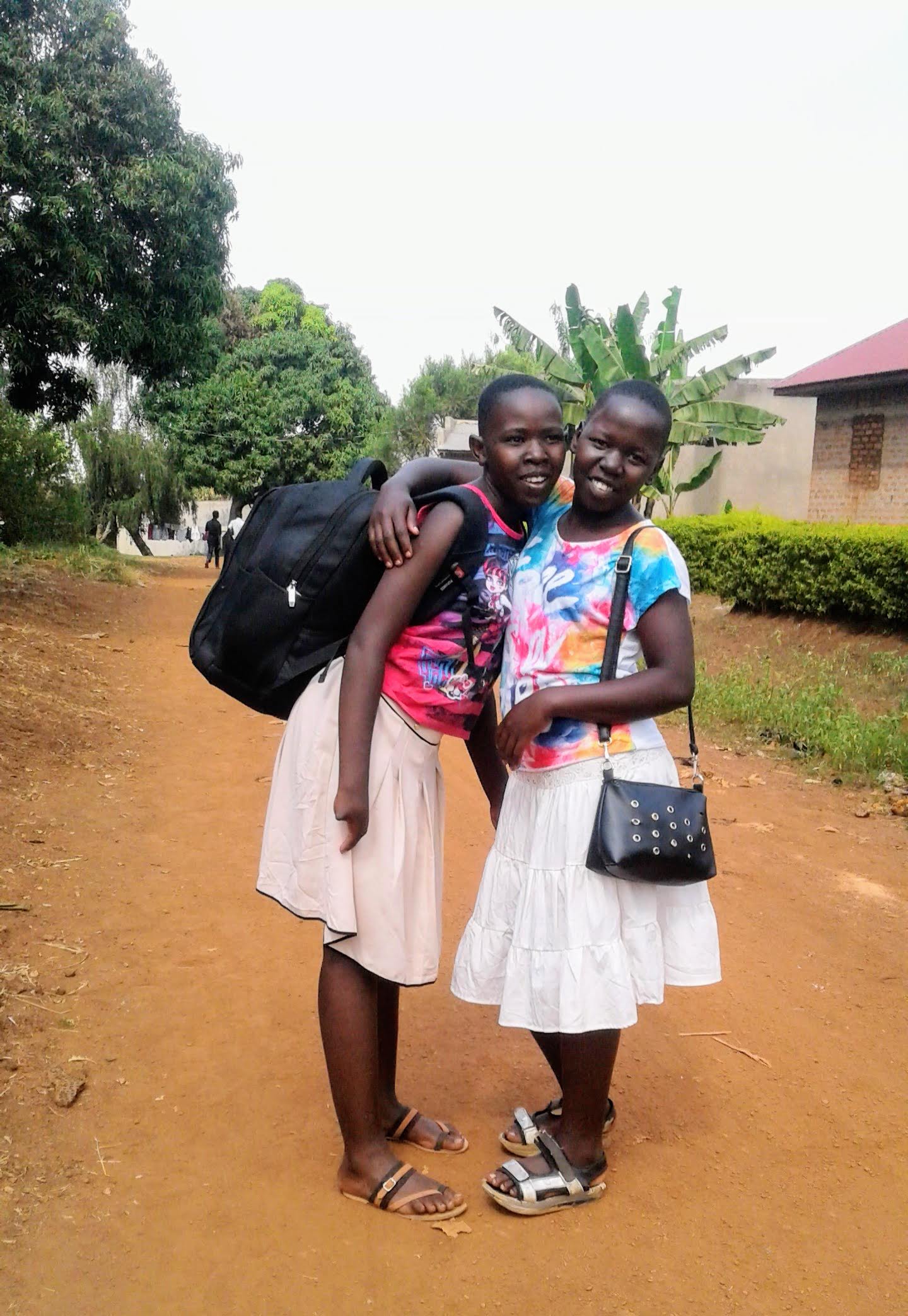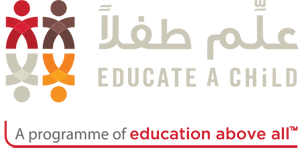When you’re under 18 years old, the only thing you should be saying “I do” to is your education.
Unfortunately, for more than one third of Ugandan girls, the reality is that they will marry and have their first child before their 18th birthday.[1] What this means in terms of lost education and earning opportunities cannot be overstated.
Beyond the detrimental impacts upon health and shattered dreams, both child marriage and early child bearing force girls to drop out of school, resulting in trillions of dollars in lost lifetime productivity and earnings—between $15 trillion and $30 trillion to be exact, according to the World Bank.[2] In other words, the impacts move beyond the health and well-being of the girls and their children to even affect the health of societies and nations.
Education activist and Nobel laureate Malala Yousafzai puts it best:
“When 130 million girls are unable to become engineers or journalists or CEOs because education is out of their reach, our world misses out on trillions of dollars that could strengthen the global economy, public health, and stability.”
So what can be done?
Uganda has long adopted many progressive policies to safeguard the rights of girls, but they are not fully enforced. With its ratification of the Convention on the Elimination of All Forms of Discrimination Against Women in 1985, for example, which obligated Uganda to ensure free and full consent to marriage, and later of the landmark Convention on the Rights of the Child in 1990, which set the minimum age of marriage at 18, Uganda has had longstanding commitments to protect girls that stretch back decades.[3] These commitments have been complimented in recent years by policies such as the National Development Plan, Gender and Education Policy, and National Population Policy, all of which acknowledge the detrimental effects of child marriage and early pregnancies and prescribe measures to curb them.
Nonetheless, the problem persists and has impacted the lives of girls like 14-year old Trinola and 16-year old Hanifa in Eastern Uganda.
Like many girls in their community, they found themselves married before they were even finished learning to read and do math. And, like many girls in Uganda, the reason given for their betrothal was poverty.
In Uganda, where about a third of the population lives below the poverty line, some parents view their daughters as an opportunity to increase wealth if she can fetch a good bride price from her husband’s family when she marries.[4] Unfortunately, this ill-thought-out exit strategy from poverty is also accompanied by an exit from school and educational opportunities that could actually improve families’ welfare and earnings in the long-term.
This is where the lives Building Tomorrow Fellow Racheal Byaruhanga and her community education volunteer intersected with theirs. Already out of school for an entire term and being mistreated and subjected to violation by their husbands, both of whom were violent alcoholics, the girls were suffering greatly.
However, they had a major advantage that not all girls do—a Building Tomorrow Fellow in their community who was well-versed on the rights of the child and whose raison d’être was to find vulnerable children just like them and enrol them back in school. They don’t do this alone, of course. Our Building Tomorrow Fellows identify at least 8 volunteers surrounding each of the schools where they work who are passionate about education and deeply embedded in the communities so as to quickly identify which children are out of school or vulnerable to becoming so. It’s all part of our Thriving Schools Program.
So when Racheal heard about Trinola and Hanifa from one of her community education volunteers, Kayizi Kasolo, she jumped into action. After informing the chairman of the school management committee and the head teacher of the situation, Racheal and her volunteer walked to the home of Trinola and Hanifa to do what they do best—convince parents of the importance of their children’s education and dismantle every barrier that stands in the way of enrolling them.
It’s never an easy task, and the conversations are usually uncomfortable and difficult. But they have to be had.
“The parents were not happy about us,” recalls Racheal. “They felt like we were making them miss out on an opportunity to get money through these children. But we persisted and sensitized them not only about the advantages of education, but about their children’s right to an education. Finally, we succeeded.”
After lengthy discussions with Trinola and Hanifa’s parents, they finally acknowledged the truth in what Rachael and her community education volunteer were saying about the importance of education. And, upon hearing all the talk of rights, Trinola and Hanifa’s husbands finally feared that the force of the laws set up to protect Uganda’s young girls would come down upon them, and they ran away to leave them to their studies.
“They’re finally back in school and looking so healthy and happy,” says Racheal. “They’re now in P6 [sixth grade] studying, and I as a Fellow am so happy about this achievement. Because I know I created a good environment for them to learn, and I’m seeing my dream come alive of people being better off because of me.”
Finally, the girls have met their perfect match: education.
Trinola and Hanifa are two of more than 50,000 out-of-school children who have been enrolled by our more than 3,000 community education volunteers across Uganda to date, with support from Educate A Child. Every one of them has a unique story. To read more about our work enrolling out-of-school children, check out our Thriving Schools Program here.
.
[1] World Bank. (2017, December). Educating Girls: A Way of Ending Child Marriage and Teenage Pregnancy. Retrieved from https://www.worldbank.org/en/country/uganda/publication/educating-girls-a-way-of-ending-child-marriage-and-teenage-pregnancy
[2] World Bank. (2018, July). Not Educating Girls Costs Countries Trillions of Dollars, Says New World Bank Report. Retrieved August 12, 2019, from https://www.worldbank.org/en/news/press-release/2018/07/11/not-educating-girls-costs-countries-trillions-of-dollars-says-new-world-bank-report
[3] Girls Not Brides. (2019). Uganda – Child Marriage Around the World. Retrieved August 20, 2019, from https://www.girlsnotbrides.org/child-marriage/uganda/
[4] World Bank. (2016, September). Uganda Poverty Assessment 2016: Fact Sheet. Retrieved August 20, 2019, from https://www.worldbank.org/en/country/uganda/brief/uganda-poverty-assessment-2016-fact-sheet



Follow Us on Social Media